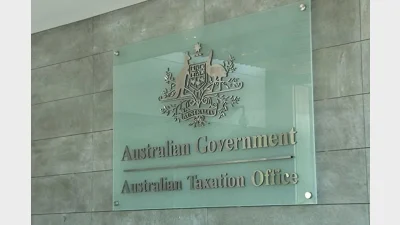(March-2003) Risk plan to be heart of licence
A risk management plan (RMP) is set to be the heart of the proposed new licensing regime aimed at improving the safety of super.
Australian Prudential Regulation Authority (APRA) executive general manager Charles Littrell confirms that the RMP will be the core document used for the ongoing supervision of the superannuation industry as APRA moves to implement the Government’s proposed superannuation reforms by early 2004.
He says the RMP will enable trustees to demonstrate that they are honest, competent, and acting in members’ best interests.
“In the RMP, APRA is likely to focus particularly on three areas. First is the plan for managing investment risk. Second, the great majority of trustees engage external assistance for administration, funds management and other services, and these outsourcing arrangements need careful management. Finally, the trustees need to plan for their and their successors’ fitness and propriety, including the need for initial and ongoing training,” says Littrell.
“APRA has no intention to micro-manage investment selection. We will expect to see well considered plans, with reasonably frequent trustee reviews, supported by expert advice where appropriate. The key requirement is that the investment strategy needs to match the fund member’s reasonable expectations about risk and return. This is primarily achieved through disciplined asset allocation, and also careful selection of fund managers, or for direct investor’s astute investment selection.
“The investment management plan needs to demonstrate that trustees are aware of, and manage the many material decisions to be made in investments. Among other things, we would expect the trustees to develop a decision rule for passive versus active management. APRA has no preference as to which strategy is employed, but we want to be sure that the trustees have carefully considered the issue. Similarly, trustees need to develop sound policies for dealing with ancillary benefits in the context of the sole purpose test, and governance issues including voting equities.”
It is not enough, of course, to have a good plan. According to Littrell, APRA will also monitor plan compliance directly via on-site visits, including scrutiny of outsourced activities and audit and actuarial processes. And it will monitor compliance indirectly via its statistical collections.
Recommended for you
The responsible investment body is warning that a one-size-fits-all ESG framework mirroring those in the UK and the EU could do more harm than good.
Australian super funds are monitoring the US closely as President Donald Trump increasingly intervenes in corporate policy, moves that are reverberating through global markets and prompting reassessments of portfolio risk.
Industry fund HESTA has filed an appeal against an ATO decision on tax offsets from franking credits, with the Australian Retirement Trust set to file a similar claim soon.
The latest superannuation performance test results have shown improvements, but four in 10 trustee-directed products continue to exhibit “significant investment underperformance”, warns APRA.











